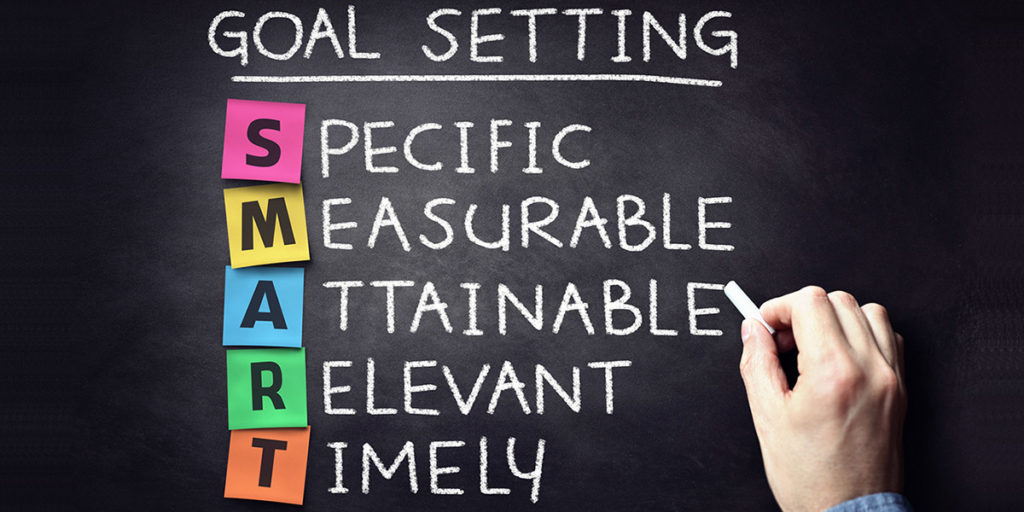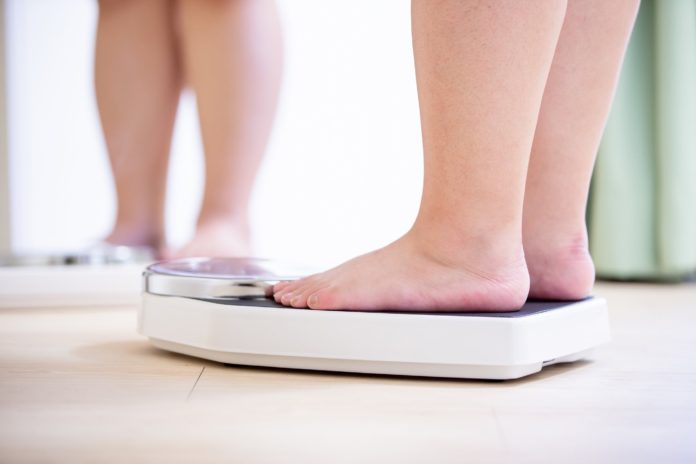Losing weight can sometimes feel impossible, however, it is not. Sometimes your body just needs a push in the right direction.
Many people struggle with exercising and most diet plans claim that one can lose weight drastically within a short period. Beware of these gimmicky quick-fix programs that promise rapid weight loss. These can cause intense hunger, lethargy and constant weakness, adrenal fatigue, muscular deterioration, and nutrient deficiencies.
Listen and trust your body. Talk to your doctor if you experience any issues your body may have with a particular weight-loss program, and use these simple steps to guide you toward better overall health and sustainable weight loss.
But first of all, what is sustainable, healthy weight loss?
“Losing weight gradually and steadily at a rate of one to two pounds each week is more likely to keep it off. Healthy weight loss is more than a diet or program.” According to the Centers for Disease Control and Prevention.
But, do you know what the researchers suggest? It is to eat in moderation with controlled portions.
Most people are often advised to do all sorts of crazy things and struggle to sustain weight loss, most of which have no evidence behind them.
And as we grow to understand more about the body, it is only natural that our dietary guidelines will change over time.
These six lifestyle tips will help set you up for real long-term success.

Set goals
When we first start exercising, we usually say these lines “I’m going to hit the gym every day” or “I just need to lose 10 – 15 pounds a month and I’ll be good.” Well, there is nothing wrong with aiming for higher goals but this can lead you to failure.
Some people want to lose weight quickly and many individuals suffer from poor self-image. You became discouraged and feel as though you aren’t able to reach your goal and you may want to give up entirely. It’s a vicious cycle that does nothing but makes us feel discouraged.
“Setting small achievable goals helped patients lose weight more easily. As a result, even losing just 5 percent of their body weight provided patients with significant health benefits”, founded by the researchers at New England Deaconess Hospital of Harvard University Medical School.
So, to enjoy success, you need to set clear objectives. Coming up with realistic or setting smaller goals or focusing on improving your health may help you reach your goals. Being motivated may help improve long-term success on your weight loss journey.
On the other hand, a flat stomach can enhance self-confidence and can lead to a much healthier life, while providing great motivation.
Select healthier options
First and foremost, it’s important to become more aware of your food choices and how many calories you consume on average. The first step you should take when adopting a healthier diet is you need to release the idea of the word “dieting.”
Recent studies found that individuals who report frequent dieting are more likely to keep gaining weight over time than individuals who are not currently on a diet. Instead of dieting, choosing between eating healthier foods will lead to the greatest effectiveness in the long run.
It is a mistake to believe that diets are effective enough to lose a good amount of weight. Removing junk foods from your diet will help you eliminate the processed foods that promote weight problems that may cause chronic health problems. Instead, replace them with whole foods.
Creating a satisfying dietary pattern that fuels your body while creating a small calorie deficit will result in slower weight loss, but it will decrease the chances of weight regain over time and ensure you get the nutrients your body needs.

Focus on your food
Focusing on improving other aspects of your health rather than your body weight or physical appearance may help you reach your goals. One way is to focus on your food, tune out the chatter and enjoy your meal.
You should take time savoring each bite while making it more pleasurable. By taking time to chew more thoroughly, you are also making the food more easily to digest. With that, it allows you to be aware of when you are full which will be sooner than if you are eating on autopilot.
Yet another way to focus on your food is to take care of the size of the portion you are going to consume. This is very important especially if you go out to eat in a restaurant as you cannot control the size of your food.
It is a good thing to divide your food in two as soon as you put it in front of you, in this way, you can reduce the extra calories. You can eat the rest later if you cannot eat the rest of it.
And lastly, you need to recognize the difference between hunger and cravings. For an instance, when you are craving something and feel like you must have it, take a few deep breaths and ask yourself if you are truly hungry. By focusing on your food, you can recognize the difference and make smarter decisions.
Although food should be the focus for weight loss, exercise is also crucially important.
Believe it or not, here’s how to lose weight fast with exercise: do less, not more.
So, you should start performing cardio exercises. Cardio exercises can help eliminate excess calories and help you burn fat. Toning and strength training can help you build muscle and gaining muscle in the lower half of your body can help you burn fat even as you sleep.
You need to maintain muscle mass, build body strength to maintain your weight, and exercise less to avoid fatigue and an unnecessary calorie deficit. Ideally, aim for a mix of aerobic and resistance-training exercises each day. This combination is beneficial for muscle growth, plus your heart, metabolism, brain, and immune system.
So, instead of hitting it hard, take it easy and find effective, enjoyable exercises that can be sustained over a long period. Just find what you can stick to and be gentle with your body.

Eliminate stress and prioritize sleep
According to the Mayo Clinic, there may be a connection between sleep duration and weight gain. Both can make it harder to have the energy to be active during the day. You may even end up craving more sugary and fatty junk food, resulting in more stubborn pounds and belly fat.
Sleep deprivation messes with many important hormones and is associated with an increased risk of obesity.
Furthermore, one study showed that getting at least seven hours of sleep each night and improving overall sleep quality increased weight loss success by 33%.
Some studies suggest that increased stress levels can contribute to a higher risk of weight gain over time. Furthermore, you can reduce stress by avoiding surprising situations by planning and organizing.
Finding some effective ways to relax like exercising, listening to music, practicing yoga, journaling, and talking to friends or family are several easy and effective ways to control the situation and calm down.
It is often claimed that drinking water can help with weight loss — and that’s true. Drinking more water is a quick and convenient way to promote weight loss with minimal effort. Some research suggests that drinking 16.9 ounces (500 ml) of water about half an hour before meals helped dieters eat fewer calories and lose 44% more weight, compared to those who didn’t drink the water.
Rather than worrying about stomach bloat and water weight, realize that water will reduce bloating and overall weight. Weight loss experts have also claimed that drinking plenty of water helps the body manage metabolism. Researchers from Germany looked at 14 healthy subjects who were asked to consume 500 milliliters, which increased their metabolic rate by 30 percent after drinking the water.
Weight loss isn’t an impossible goal and many different factors play a role in weight loss. Making a few simple modifications to your lifestyle can help promote long-lasting weight loss. With dedication and discipline, new behaviors and ways of eating will become habits that lead to better health and overall wellness.
The most important thing is staying with the program you choose, making some healthy changes to your daily diet and workout routine can make it much more manageable. Create a habit that encourages a lifestyle instead of a quick fix. As Martin Luther King Jr. once said, “Take the first step in faith. You don’t have to see the whole staircase, just take the first step.”



